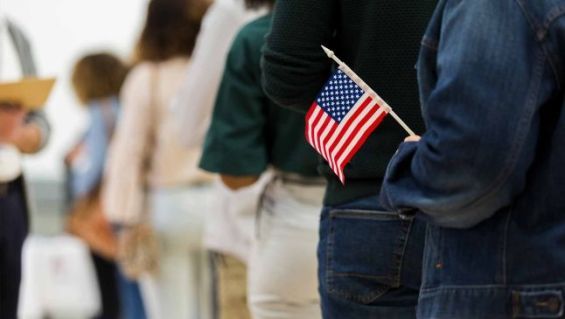Unlike other democracies around the world, the United States has a unique two-party election system, Republicans and Democrats. But these two parties are not the only ones participating to US elections. Third parties also participate to US elections, with the term used to refer to other political parties than the dominating Republicans and Democrats.
Although no third-party candidate has won the presidency since 1856, their existence and the role they play is crucial for US elections. «Third parties play a critical role in governing and the election process», explained Dr. Tammy Greer, assistant professor of political science at Georgia State University.
During a US press briefing titled «Third Parties and the role they Play in U.S. Elections», held, April 25, by the Washington Foreign Press Center, and attended by Yabiladi, Dr. Greer said that «third parties are able to make – bring to the forefront to the political – of the political consciousness some of the matters that may not be politically palatable for the dominant parties».
The professor explains that because the Democratic Party and the Republican Party can be «conservative in their viewpoint», they need someone, meaning third parties, to «continuously discuss» issues that are marginalized. «Citizens can then take hold of these issues and demand that the major parties» take on them as part of their platform.
Third parties and immigrants
Third parties can also help voice the worries and views of immigrants in the United States. «When we consider the United States, we consider that there is a great swell of immigrants in the United States and/or people who have become naturalized», Greer told Yabiladi.
«These communities, particularly the ones that are recent naturalized citizens, have an enormous amount of power, particularly on the state and local level, to shift policies», she explained.
«So even if some immigrants can’t vote, even if the immigrants are not able to vote, there are naturalized citizens who connect with those communities who can vote. And if those two spaces work together, they can move policy on the state and local level, which then will influence policy on the federal level».
This US briefing is part of a series of Foreign Press Centers programs that provide foreign journalists with firsthand experience and insights into the American electoral process. The briefings are attended by foreign journalists to learn more about US elections.





 chargement...
chargement...













